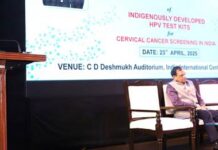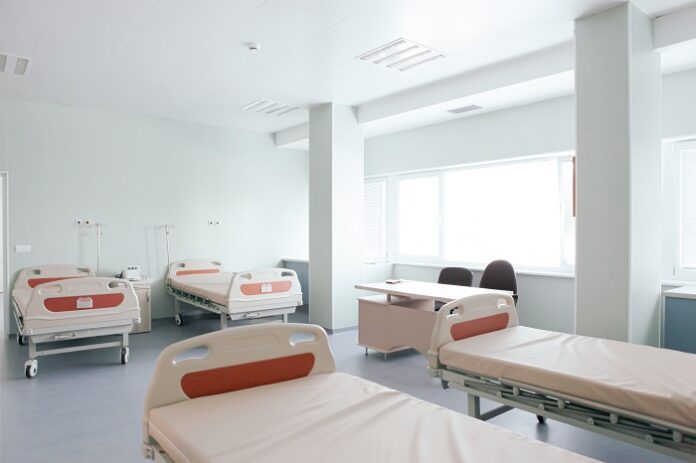Maharashtra has reported 17 deaths linked to Guillain-Barré Syndrome (GBS) in the last few weeks, according to the state health department. The latest casualties include a 34-year-old man from Pune’s Wagholi and an 8-year-old boy from Nagpur.
Recent Fatalities in Pune and Nagpur
The Pune patient died on Saturday at Sassoon General Hospital (SGH), while the Nagpur boy passed away on February 10 at the city’s Government Medical College and Hospital. Since the outbreak began on January 5, Pune alone has recorded nine deaths.
Pune Case: Rapid Deterioration and Fatal Outcome
Doctors at SGH revealed that the Wagholi resident was transferred from a private hospital on February 3. SGH Dean Dr. Eknath Pawar confirmed that the patient experienced loose motions for three days, starting January 23. Soon after, he developed tingling sensations in his limbs, which quickly escalated into complete loss of power in both legs and upper limbs within six hours.
His condition deteriorated rapidly, and by February 8, he had lost strength in his neck, respiratory, and facial muscles, making swallowing difficult. Due to paralysis in his respiratory and neck muscles, he required intubation and mechanical ventilation.
A senior hospital official stated: “We administered five doses of intravenous immunoglobulin (IVIG) and supportive antibiotics. The first IVIG dose was given 24 hours after admission, but his condition continued to worsen. He developed severe autonomic imbalance and never regained muscle power in his legs, arms, chest, or face.” The patient succumbed to the illness on February 15.
Nagpur Case: Child Succumbs to GBS
In Nagpur, the 8-year-old boy was admitted on January 16 and passed away on February 10. At the time of his death, doctors had not yet confirmed his Guillain-Barré Syndrome diagnosis. Several patients at GMCH continue to battle the disease, including a seven-year-old girl who remains in critical condition on mechanical ventilation.
Government Response and Possible Travel Restrictions
Union Minister of State for AYUSH, Prataprao Jadhav, suggested that if GBS spreads between regions, travel restrictions might become necessary. “Discussions between the central and state health departments are ongoing to address the situation,” Jadhav stated in Buldhana.
However, global health advisories, including those from WHO and the US CDC, clarify that GBS is neither contagious nor hereditary. Clusters often emerge following another outbreak. In Pune, for example, GBS cases increased after a mass Campylobacter infection. This autoimmune condition occurs when the body’s immune system mistakenly attacks nerves responsible for carrying brain signals.
Authorities Urge Caution but No Need for Panic
On January 25, Maharashtra Deputy Chief Minister Ajit Pawar reassured the public that GBS is not a communicable disease. “The state government has reviewed the situation. Health Minister Prakash Abitkar, the health secretary, and I have discussed the rising cases. I have instructed officials to closely monitor the situation. People should not panic,” he stated.
As reported by economictimes, the Maharashtra government continues to track and manage the outbreak, ensuring that adequate medical support is available for affected patients.























